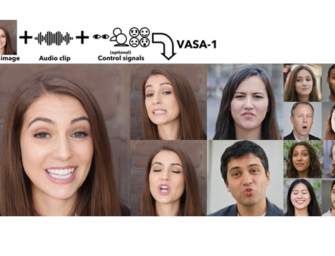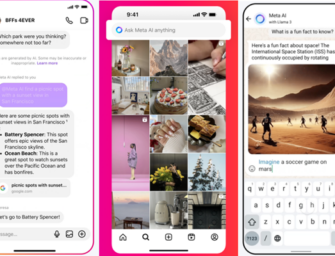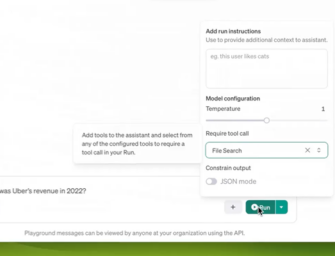Google Assistant to Have 60 Percent Virtual Assistant Smartphone Share in 2022 Up from 46 Percent Today
Strategy Analytics published a new report that estimates current virtual assistant share on smartphones and forecasts changes over the next five years. The short answer is that Google Assistant leads today with 46% market share and will expand its lead significantly by 2022 to exceed 60%. Senior Analyst, Ville Ukonaho commented:
Google has a narrow lead in total smartphones sold with onboard virtual assistants in 2017. That lead will only grow as Android smartphone sales, with Google Assistant onboard, continue to expand into lower price tiers.
Note: The numbers in the chart below exceed 100% because Strategy Analytics reported some consumers will use more than one voice assistant.

Google and Baidu to Significantly Expand Share
While we would have liked to see more assistants considered, namely Alexa, it is good to see the analyst’s thinking on this topic. The first thing that becomes clear is that Google and Baidu are expected to significantly expand market share, by 31% and 75% respectively. This the law of conservation of power for the global search giants. Both serve as the front-end for many online interactions today and Strategy Analytics’ expects that to be solidified with the rise of virtual assistants. It is also worth noting that both of these virtual assistants today enable interaction by both voice and text-based input. That is a differentiator over rivals that is particularly relevant on mobile.
Apple and Samsung Virtual Assistant Share to Fall Fast
The other notable forecasted trend is that the world’s two largest smartphone manufacturers are expected to lose share by about 58% each. Apple and Samsung have strong market share today at 41.1% and 12.7% respectively. However, the hypothesis must be this early strength is primarily a function early mover advantage, particularly for Apple’s Siri, in placing functionality on their devices.
Apple currently commands market share of only about 13% of smartphones globally. The decline to 17% appears to be an estimate that Siri usage will decline to Apple’s global market share. Apple’s current market share strength is largely a function of so few Android devices having a true virtual assistant on board. Google is addressing that by rolling out Google Assistant to the three most recent versions of Android OS. However, note that even a 60.3% market share for Google Assistant will mean that many Android smartphone owners choose another virtual assistant. Samsung’s forecasted drop in market share is likely a function of consumers choosing Google Assistant over Samsung Bixby, a trend that is already playing out, along with expected erosion of the company’s smartphone market share.
Virtual Assistant Timeline
Strategy Analytics also provides a nice timeline of virtual assistants on smartphones. Note that Google Assistant, Bixby and Alexa all first appear on smartphones in 2017. Samsung’s market share to date has been driven by its legacy S-Voice product which will be supplanted by Bixby over the next two years. Cortana shows up in 2016, but disappears presumably because the product lost its smartphone platform when Microsoft discontinued Nokia’s products. It is true that Cortana is accessible as a mobile app on iOS and Android, but it does not benefit from low-level device integration.

Virtual Assistant Market Share Beyond Smart Speakers
Strategy Analytics and several other research firms have offered virtual assistant market share estimates for smart speakers. However, estimates for virtual assistant use on smartphones has been scarce. Virtual assistants, whether accessed by voice or text, with be used across a number of surfaces. Mobile will be a very important surface and it looks like Google Assistant will have a big advantage over the next few years. If that is true, the remaining question is how that may positively influence consumer preferences for Google Assistant on smarts speakers, IoT and other surfaces. Will there be a preference for virtual assistants that are widely available across many popular surfaces? Let us know your thoughts on Twitter @bretkinsella or @voicebotai.
Smart Speakers Sales Grow 300% in 2017, 24 Million Globally Says Strategy Analytics
CIRP Says 27 Million Amazon Echo and Google Home Smart Speakers Sold









